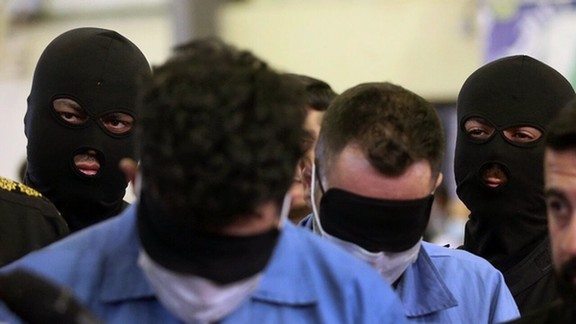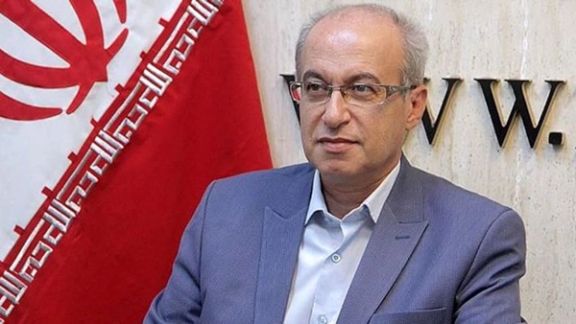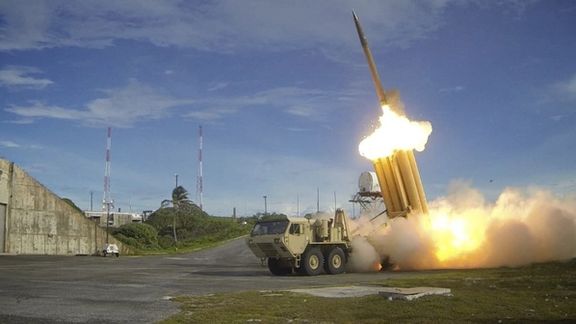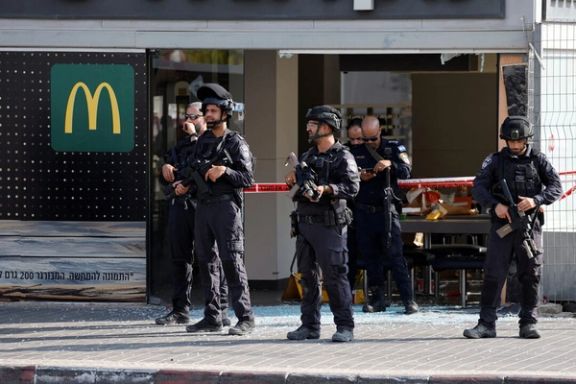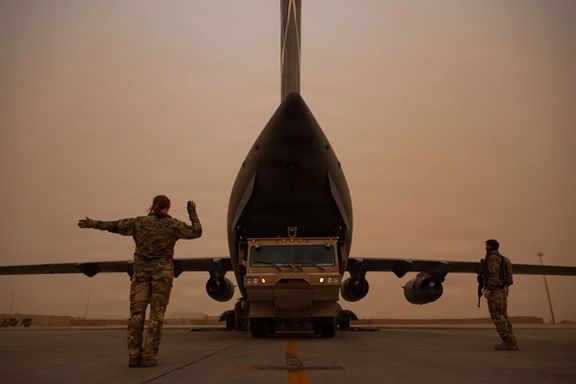On Wednesday, July 23, the Islamic Republic tried shutting down government offices, and it cut national power demand by 19,000 megawatt-hours and reduced Tehran’s water usage by 3,800 liters per second, Energy Minister Abbas Aliabadi said on Sunday.
Repeating the closure for four weeks could lower the capital’s consumption by six million cubic meters, he added.
IRGC-aligned Tasnim News Agency described the trial closure as effective, citing a 10 percent decline in Tehran’s daily water use, from up to four million cubic meters down to about 3.4 million.
Iran's government spokeswoman Fatemeh Mohajerani said Sunday that authorities are considering a full summer week off, with a final decision expected on Wednesday.
Iran has recently faced an unprecedented heatwave, and many natural and engineered water reservoirs across the country particularly in Tehran, Alborz and Fars provinces are nearly depleted.
In the capital Tehran, officials have attempted to curb consumption through emergency measures, including repeated water and electricity outages.
Reservoirs drop, outages rise
Authorities warned on Sunday that electricity generation from the Karaj dam in western Tehran may cease within days due to plummeting reservoir levels.
The Karaj dam’s hydroelectric plant, which still produces electricity, may be forced to shut down in two weeks as the water level drops below the intake threshold, its manager Mohammad Ali Moallem said.
Once the reservoir falls beneath a critical line, power generation will no longer be possible, he warned.
Some of Iran’s deepest reservoirs have shrunk to shallow ponds, and water pressure in parts of Tehran is now so low that taps fail to reach above the second floor in many buildings, according to state-run media.
“The water crisis is more serious than what is being talked about today,” President Masoud Pezeshkian said during a cabinet meeting on Monday.
“If we do not make urgent decisions today, we will face a situation in the future that cannot be cured.”
In a video sent to Iran International, a Tehran resident shows new machines dispensing drinking water for a fee, activated with bank cards and filling personal containers like an ATM.
Outages now extend to seven hours in rural areas, said Ali-Gholi Imani, a member of the agricultural pricing council Sunday.
“With the current power cuts, one-third of the country’s agricultural output is being lost,” he warned.
The crisis reflects not only institutional mismanagement but resource collapse, environmental researcher Rouzbeh Eskandari told Iran International.
He recommended urgent investment in wastewater recycling, leak reduction in pipelines, and smart monitoring for farms.
Resolving the country’s water crisis requires a total of 13.26 quadrillion rials, or around $15.7 billion, Mohsen Zangeneh, a member of the Iranian Parliament’s Program and Budget Committee, said Sunday.
According to officials, he added, the national budget for the current year has allocated 500 trillion rials, or about $568.2 million, toward the critical issue.

